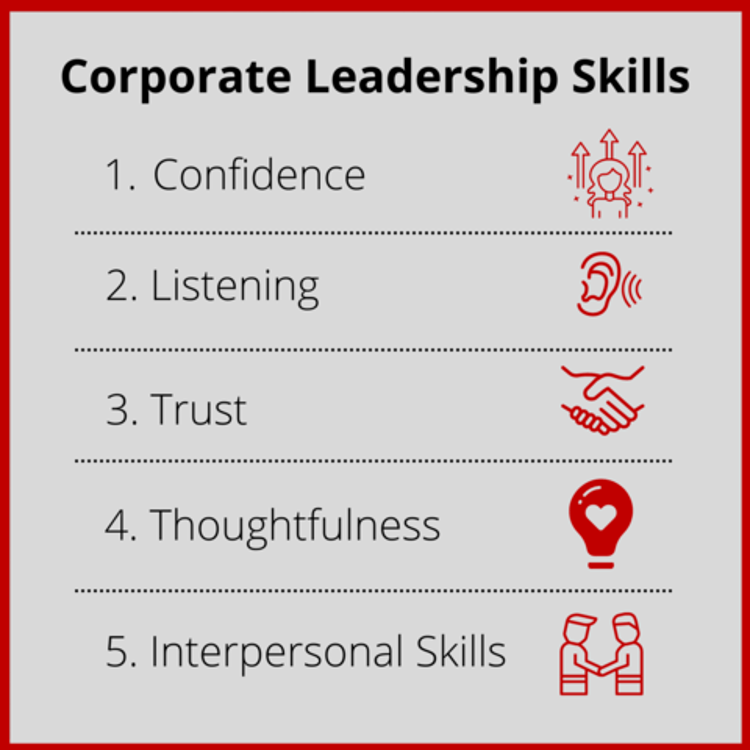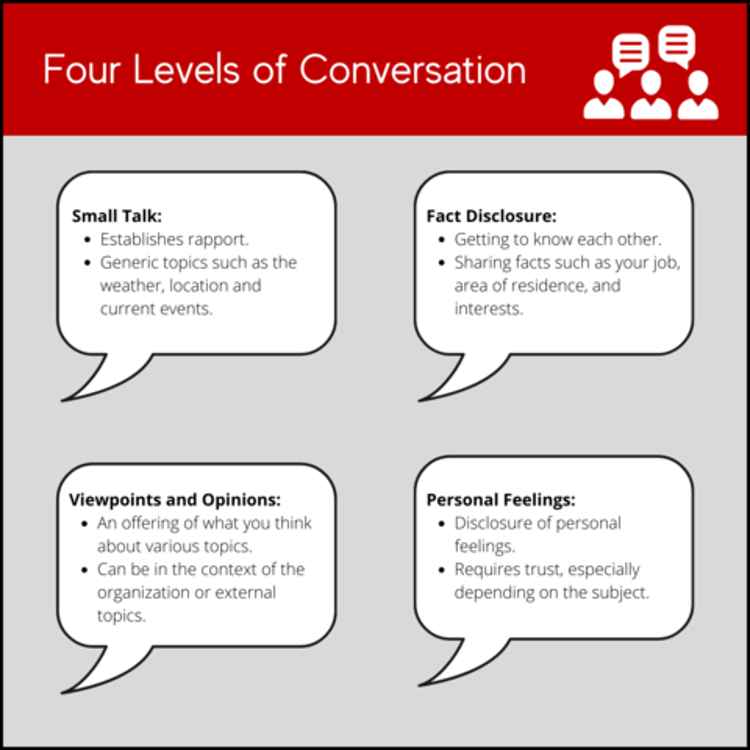MOTIVATE YOUR TEAM WITH PROFESSIONAL LEADERSHIP TRAINING
Good leadership at the forefront of an organization can have a major influence on its success for the individuals working there and the company as a whole. It can be easy to assume that certain people are simply naturally good leaders, and while that may be true sometimes, leadership skills can in fact be taught, built, and improved upon overtime.
Leadership has had a variety of different definitions over the years. Forbes defines leadership as “A process of social influence, which maximizes the efforts of others, towards the achievement of a goal”. Furthermore, BNET online Business Dictionary defines leadership as “The capacity to establish direction and to influence and align others toward a common goal, motivating and committing them to action and making them responsible for their performance.”
Through many different studies and definitions of leadership, we have seen that there are a variety of attributes and abilities that can make a good leader.
When a leader truly cares about what they are working towards, their strong leadership skills will shine through. The more experience you have acting as a genuine leader, the easier it will get. Taking the lead isn’t always easy, as you will be looked to make difficult decisions and navigate challenges, but it can also be very rewarding and to your organization and yourself. Below are the top five skills corporate leaders should have.
1. CONFIDENCE
Without the self-confidence and belief that you can be an effective leader, there will be a missed connection between you and your team. Confidence gives leaders the ability to make difficult decisions, communicate effectively, and even be better equipped to take on feedback and improve. Finding a strong balance between being confident and humble will give you a solid foundation to be an effective leader.
A confident leader has trust in their team and can properly delegate tasks. This in turn builds confidence in the entire team and gives them the change to take on unique opportunities and build on their skills.
One of the simplest ways to build confidence is through experience. However, to be more deliberate in you and your team’s confidence building, learning tools and skills through corporate training can help you build a stronger framework to increase confidence and be a better leader. Our Assertiveness and Self-Confidence workshop would be a good start to increasing your self-awareness regarding your confidence.
2. LISTENING
Communication is more than just the words you say or the emails you write. Consistent communication of the long and short-term goals you are leading you team towards is crucial to keeping everyone on the right track. Be sure to communicate your expectations or vision for your organization and team, and clarify when those goals evolve.
As a leader, your team will look to you for advice, clarity, and guidance, so you must be clear and direct about what needs to be done and how it should be coordinated to ensure everyone feels confident in what is expected of them.
Along with active communication skills, it is worth considering more passive leadership styles such as Servant Leadership. Servant leadership is a business philosophy that emphasizes the act of the leader, such as a manager or supervisor, focusing on the growth and development of their employees and ensuring their success. In doing so, the leader succeeds when their employees do. In a business team, servant leadership can not only help employees achieve and grow, but it can also benefit their leaders and the company as a whole. You can learn more about this topic in our Servant Leadership Workshop.
3. TRUST
Being a leader means that people will rely on you to guide them towards a goal or objective. Your team must trust that you will lead in a way that is beneficial to everyone involved in an organization. Building trust in your team means being transparent, honest, and having integrity with every decision you make. Building trust with your employees helps you build credibility and will allow you to have influence over your team when developing and communicating your vision.
Trust can be built by having mutual respect for your team. It can also be built by following through on the promises and actions you say you will take. Make sure you can follow through on any expectation’s you team has of you.
Noticing the extra efforts your team makes and recognizing then will go a long way to earning respect. Respect builds loyalty and trust. Mutual respect is the baseline to trust that will allow you to be a more effective leader.
Trust, like confidence, is something that can be built overtime or incorporated in corporate training, such as our Trust Building and Resilience Course.
4. THOUGHTFULNESS
Thoughtfulness in a leader can translate to your team in a number of ways. Making an effort to learn more about your employees and what their roles look like on a daily basis will help you better understand how to lead them and will build rapport.
Being thoughtful can also mean considering things within the organization from different angles. A good leader can find ways to challenge the status quo to find opportunities for improvements. Questioning the norm and coming forward with well thought out proposals on how to increase efficiently or meet goals in a more effective way will help you gain respect as a leader.
Thoughtfulness as a leader is also crucial for making decisions. Being able to take the time to empathize and understand how your decisions will impact your employees and your organization’s stakeholders will allow you to make more mutually beneficial choices. Being a thought leader in your organization will translate well whether you are a manager, or simply an employee within the organization.
5. INTERPERSONAL SKILLS
Having good interpersonal skills can give you a dynamic charisma that can translate well as a leader. Interpersonal skills can make you a better communicator, negotiator, and give you the ability to be memorable and have a positive impact on others.
Being able to skillfully start different types of conversations with others will improve your rapport and give you more insight into your team, which will allow you to be a better leader. The four levels of conversation are:
· Small Talk: This is to establish rapport and includes generic topics, subjects that almost everyone is comfortable discussing such as the weather, the location you’re both in and current events.
· Fact Disclosure: This is to get to know each other, involves sharing facts such as your job, your area of residence, and your interests.
· Viewpoints and Opinions: An offering of what you think about various topics. This can be in the context of the organization or even externally such as politics.
· Personal Feelings: Disclosure and acknowledgment of personal feelings. This stage requires trust and an already established relationship, especially depending on the subject.
To learn more about interpersonal skills and to train your team, check out our Interpersonal Skills Workshop.
CONCLUSION
Leadership training can not only benefit the managers and supervisors on your team but can be beneficial to anyone as it encourages taking charge and being proactive in any corporate role. Build on your team’s leadership skills with our various training workshops on Leadership and Influence and Servant Leadership. Get started on your corporate training with one of our popular product packages or select individual courses.
See our course catalog below
ONLINE COURSES OFFERED BY PRODUCT BUNDLES
ONLINE COURSES OFFERED BY INDIVIDUAL COURSES
LEVEL-UP YOUR SKILLS TODAY
Individual Online Courses
- 24/7 All-Access to all course curriculum for 12 months from purchase date.
- Obtain Certificate of Completion for each course.
- You can start and stop on your own time.
- Video training in your home!



Want more information?
Contact Info
All Rights Reserved | The Clark Group



